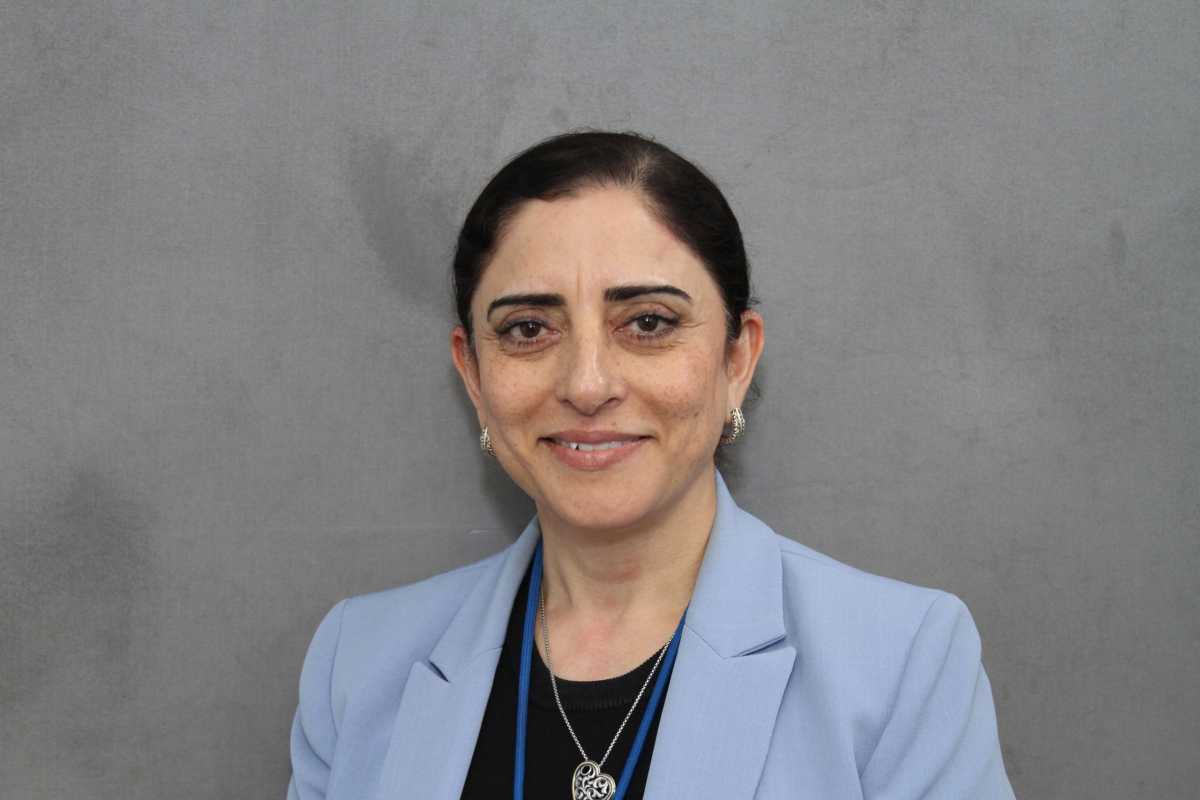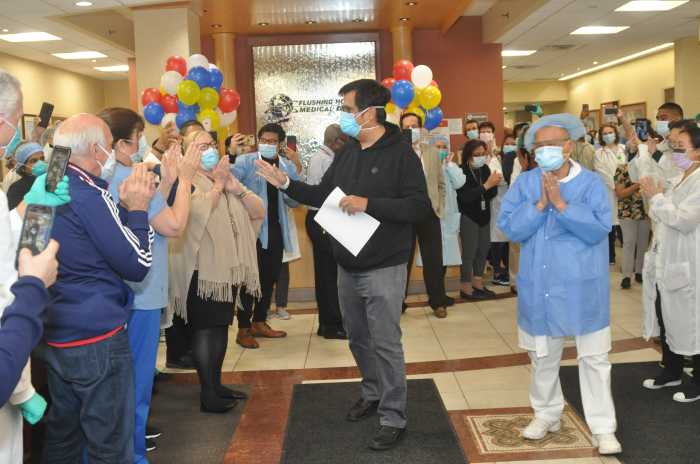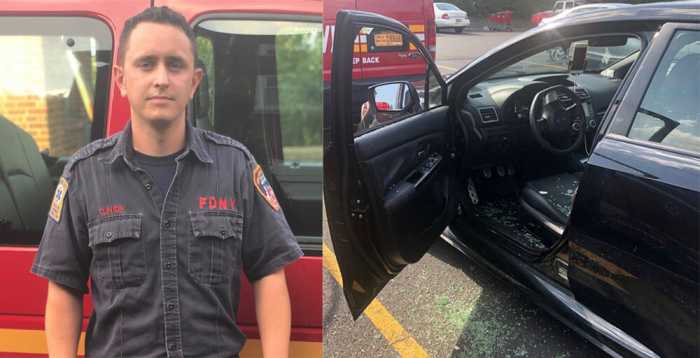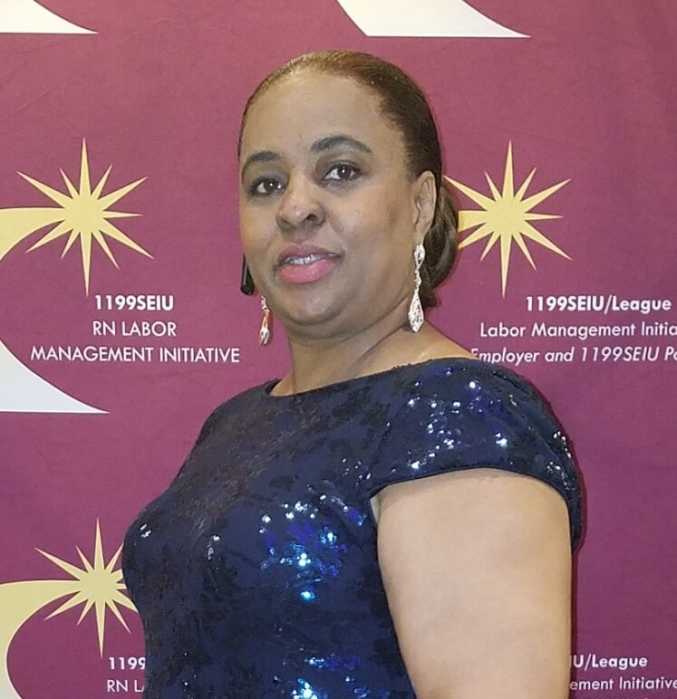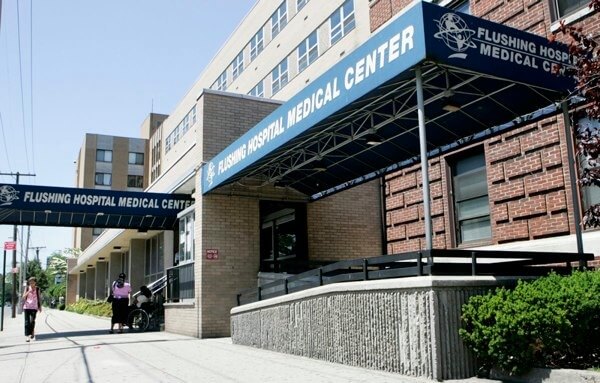When Dr. Sabiha Raoof, who is the chair of the Radiology Department of Jamaica and Flushing Hospital, discovered her own breast cancer diagnosis when she did her first mammogram screening 16 years ago, she was in denial.
Raoof was 40 years old when she was diagnosed with stage 1A breast cancer in August of 2006. In stage 1A, the cancer is evident, but it is contained to only one area where the first abnormal cells began to develop, according to the National Breast Cancer Foundation.
“I looked at my own mammogram and diagnosed my cancer. As a mammographer, I must’ve seen hundreds of cancers until then, and seeing it myself, I said, ‘Am I reading it incorrectly?’ I had that denial that it cannot be me,’” said Raoof, who is also the chief medical officer of the Medisys Health Network. “I have no family history of breast cancer and I live a pretty healthy and active lifestyle.”
As a physician, Raoof knew what needed to be done following her diagnosis. This time, she was on the other side of the fence, being treated as a patient.
Raoof immediately took action and scheduled a surgery undergoing a double mastectomy to remove the cancer. She then did reconstruction surgery and went through eight cycles of chemotherapy for six months, followed by taking medication and visits to her oncologist.
“I was glad that my family and friends were able to guide me and help me make decisions because everyone is a physician,” Raoof said. “I had a tremendous amount of support. I knew exactly where to look and what I needed to do.”
Having gone through the process of being diagnosed with breast cancer and treating the disease, Raoof, who is now 56, says it’s important to stay positive and strong throughout the journey.
“The word cancer is so nerve wracking, even as a physician when I initially found my cancer. It was difficult to grasp and digest that it’s happening to me. No cancer is good, but if you have breast cancer it is one of those diseases that we have made a significant advancement in treatment today,” Raoof said. “I am not saying it’s easy. It does take part of your life, but you have to have an ‘I will beat this’ attitude and move on with your life.’”
While she had a tremendous amount of support from her colleagues and family, Raoof says she cannot imagine how difficult it must be for people outside of the healthcare system to navigate those services in order to receive treatment.
As a physician serving a multi-ethnic community in Queens, Raoof says cultural needs and language barriers are also hurdles that patients have to get through in order to get the best possible care.
“We have to educate patients because the taboo about breast cancer still exists in some cultures, and how can we navigate that because some patients don’t want to accept that they have cancer and don’t want anyone to know they have breast cancer,” Raoof said.
After experiencing her own journey, Raoof said it has changed her perspective on what her patients have to endure, such as navigating services to seek treatment.
“For my physician colleagues, I would say that we really need to put ourselves in the shoes of our patients to be able to relate to what they’re going through and to be sensitive when we are discussing these issues with them,” Raoof said.
Raoof stressed the importance of women doing routine mammograms, which can help save lives, she said.
“Please go for your regular mammogram checkups. I had my routine physical and I did not feel it. Neither did my physician,” Raoof said. “Once you have the diagnosis, stay strong and positive and take all of the help that is out there for you.”

